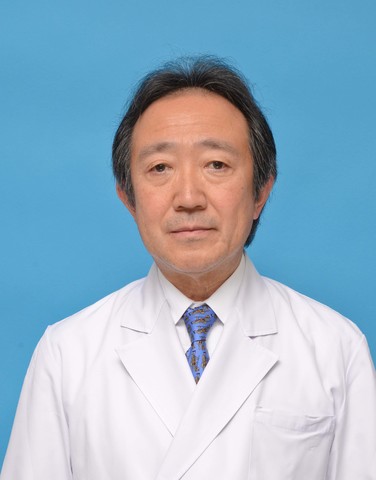Head of Office: Masaya Tamano MD, PhD

Head of Office: Masaya Tamano MD, PhD

Dokkyo Medical University Saitama Medical Center is a facility that has played a major role as a regional core hospital in Japan. Due to its location and large numbers of patients, doctors can gain clinical experience through a wide variety of cases, including gastrointestinal disease, hepatic disease, and biliary and pancreatic disease. Our department operates as a guidance facility for many academic societies, so it also provides opportunities to obtain specialist qualifications. In addition, it is possible to obtain a PhD under the supervision of an excellent instructor in both basic and clinical research.
In terms of clinical training, the goal for clinicians is to develop requisite dialogue skills and leadership while that for trainees is to learn new methods for “problem research” and “problem solving”. For that purpose, it is important not only to teach skills and knowledge unilaterally, but also to acquire a “learning process” that is indispensable as a clinician. The goal of education is to train doctors to provide advanced and high-quality medical care to the highest medical ethical standards, as well as medical personnel to contribute to medical care and progress.
School of Medicine:
| 3rd year | Gastroenterology |
|---|---|
| 4th year | Gastroenterology |
| 5th~6th year | Clinical Clerkship
Gastroenterology |
School of Nursing:
| 1st year | Anatomical Physiology III |
|---|---|
| 2nd year | Pathophysiology III |
Japanese Society of Internal Medicine/Japanese Society of Gastroenterology
Japan Gastroenterological Endoscopy Society/Japanese Society of Hepatology
Japanese Society of Ultrasonics in Medicine/Japan Gastroenterological Association
Head/Professor and Chairman: Masaya Tamano, MD, PhD
Professor: Yasumi Katayama, MD, PhD
Lecturer: Hitoshi Kino, MD, PhD
Lecturer: Tomoyuki Kitagawa, MD, PhD
Lecturer: Toshikuni Suda, MD, PhD
In addition to the above, the Department of Gastroenterology has 27 Assistant Professors.
We provide focused medical care for the following items.
Department of Gastroenterology, Saitama Medical Center
Dokkyo Medical University
Minamikoshigaya 2-1-50, Saitama 343-8555, Japan
E-mail: dk-shonai@dokkyomed.ac.jp
More details: https://dept.dokkyomed.ac.jp/d...(In Japanese)